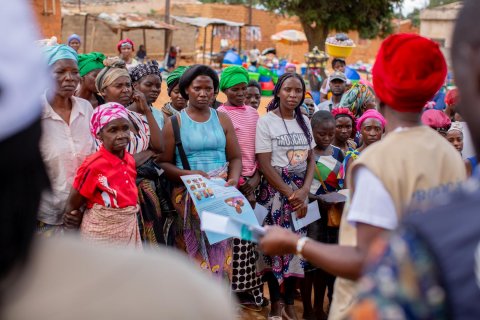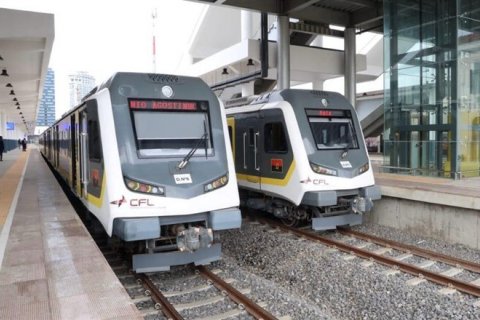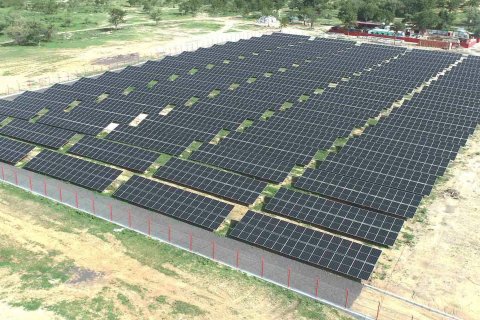José de Lima Massano said that Angola currently has free balances of 200 million dollars every month, recalling that this is the result of an agreement reached with China in March last year, during a visit that the president, João Lourenço, made to that Asian country.
At the time, in statements to the press, José de Lima Massano said that the schedule for payment of the 17 billion dollars debt with China was not changed, but the installments, part of which served to constitute a guarantee reserve, became smaller "allowing the release, on average, per month, of something around 150/200 million dollars".
This Wednesday, as a guest at the 2nd edition of "Conversas Economia 100 Makas", which took place under the theme "Where is the Angolan Economy and Where is it Going", the minister said that the time has come to renew this facility.
"We now have free balances of 200 million dollars, on average, per month. And this is what has allowed us to service our debt with relative security, and also, the operators of the financial system know that we reach the end of each month and we always have some currency that we sell to the system, which is a result of the agreement we made with China," he stressed.
The government official said that, in the month following the agreement being reached, Angola received 600 million dollars, a figure that was "quite opportune at that time" when it was going to pay off an external debt of the same magnitude.
"It was about taking the 600 (million dollars) and cleaning it up," said the minister, reiterating that every month, due to the repairs carried out, around 200 million dollars of free balances help to finance the current year's OGE.
The Minister of State for Economic Coordination highlighted that financing for the projects is being safeguarded, highlighting that the increase in investment expenditure in this year's State Budget was intended to "take advantage" of existing financing lines that the country is not making effective use of.
"Because, despite having the financial availability to finance projects, we do not always have the budget space to make this expense", said the minister, indicating that not using these financing lines also brings costs to the State, with the payment of fees and commissions.
José de Lima Massano said that "the difficulties that are occurring in mobilizing resources are essentially related to supporting the treasury", hence the importance of removing subsidies on fuel, energy and water.
The volume of public investment at this time, for more than 1400 projects, some of which are large and impactful – "more water, more energy, more health, more education" – is basically the financial envelope provided for in the 2025 budget for fuel subsidies, the minister highlighted.
According to the minister, the expenditure that is financed with ordinary treasury resources, which essentially arise from the payment of taxes, "is not sufficient" to fulfill the set of intentions in the budget.
"Regarding public investments, there is a solution for the 1400 projects. There are still some projects in the pipeline for which we do not have guaranteed financing, but which are critical and we must continue to seek a solution to execute them. However, the big issue is in fact the treasury to support that expenditure that is not associated with financing," he highlighted.







